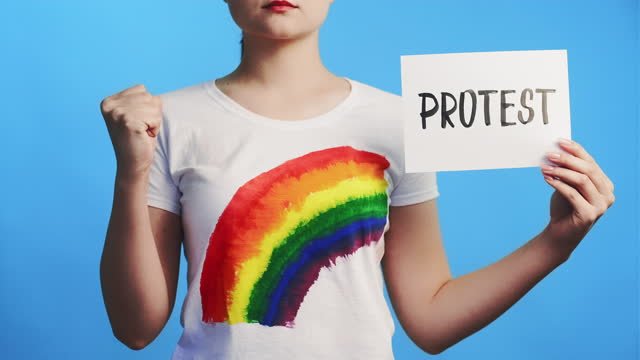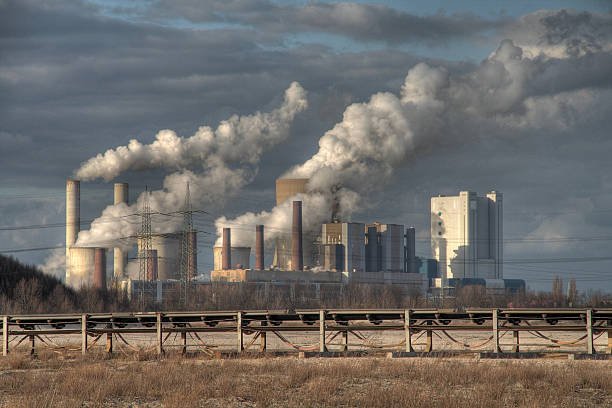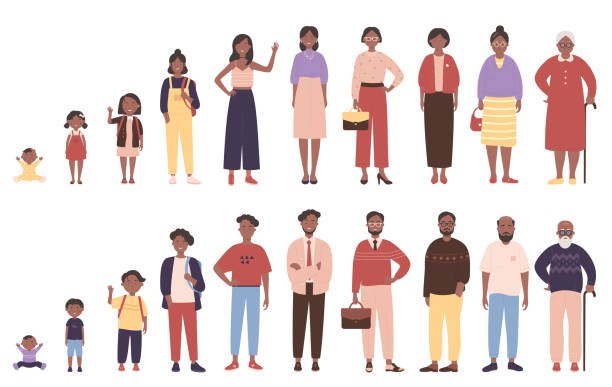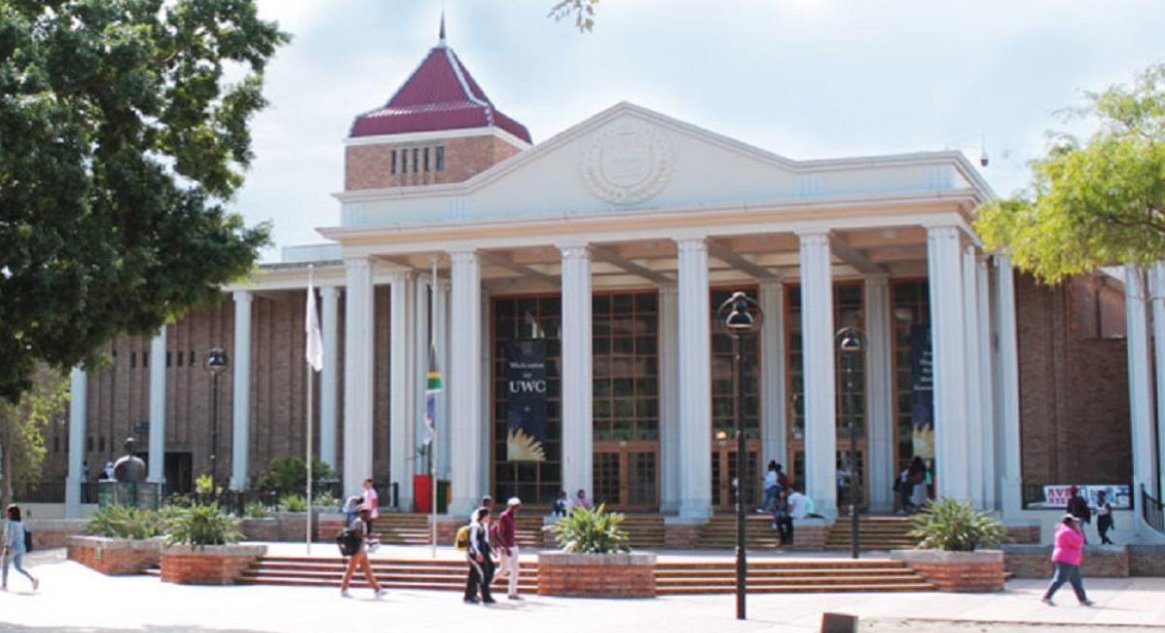Homophobia, a term that refers to fear, intolerance, or hatred towards individuals who identify as or are perceived to be lesbian, gay, bisexual, or transgender (LGBT), is a deeply rooted issue in many societies. Homophobic attacks, both physical and verbal, can have far-reaching consequences not only for the individuals targeted but also for the broader community. In this article, we will analyse the social impact that these attacks could have on society, exploring the underlying issues, attitudes, and societal structures that contribute to or perpetuate homophobia.
Analyse the Social Impact That Homophobic Attacks Could Have on the Society
The social impact that homophobic attacks could have on society, particularly in the South African context, is severe and multi-dimensional. These attacks foster a culture of fear and discrimination, causing victims to hide their sexual orientation, leading to mental health issues like anxiety and depression. The wider community becomes divided, as intolerance undermines social cohesion. In South Africa, where the Constitution enshrines the right to equality and non-discrimination, homophobic attacks threaten these foundational principles. The tension permeates through family units, workplaces, and schools, where young learners might be particularly susceptible to internalising these harmful attitudes. A pervasive homophobic environment disrupts the efforts towards an inclusive and compassionate society, reflecting not only the violation of human rights but also hindering social progress and development.
The Nature and Extent of Homophobic Attacks
Homophobic attacks can range from overt physical violence to subtle forms of discrimination, verbal abuse, and exclusion. These attacks can take place in various settings, including schools, workplaces, public spaces, and online platforms. Understanding the nature and extent of homophobic attacks is essential for examining their broader social impact.
Social Implications of Homophobic Attacks
- Damage to Social Cohesion and Unity: Homophobic attacks create divisions and tensions within communities, hindering social cohesion and unity. By targeting and marginalising a specific group, these attacks promote an ‘us versus them’ mentality, which can lead to further polarization and discrimination.
- Erosion of Individual Rights and Freedoms: Homophobic attacks undermine fundamental human rights, such as the right to dignity, equality, and freedom from violence. By denying these rights to LGBT individuals, society sends a message that some people are less deserving of respect and protection, setting a dangerous precedent that can be extended to other minority groups.
- Impact on Mental Health and Well-being: Victims of homophobic attacks often experience profound emotional and psychological trauma. The fear, anxiety, and isolation that result from these attacks can lead to mental health issues such as depression, anxiety disorders, and even suicidal thoughts. This impact extends beyond the victims, affecting their families, friends, and wider support networks.
- Effect on Economic Productivity and Growth: Discrimination and violence against LGBT individuals in the workplace can lead to decreased productivity, absenteeism, and loss of talent. When people are not free to be themselves or are living in fear of attack, their ability to contribute fully to society and the economy is compromised.
- Implications for Education and Youth Development: Homophobic bullying and discrimination in educational settings can hinder learning and development for LGBT youth. This hostile environment affects not only the targeted individuals but also creates a climate of fear and intolerance that affects all students.
- Challenges to Social Progress and Development: Homophobic attacks are a barrier to social progress and development. By perpetuating inequality and division, these attacks hinder efforts to create inclusive, tolerant, and diverse societies. They are reflective of broader issues of prejudice, discrimination, and social injustice that need to be addressed collectively.
Conclusion
Homophobic attacks have wide-reaching and profound social impacts on society. They damage social cohesion, erode individual rights, affect mental health, impact economic growth, and challenge social progress. To build tolerant, inclusive, and respectful communities, it is essential to understand and address the underlying issues that give rise to homophobic attacks. Education, legal protection, community engagement, and cultural shifts are vital components of this effort.





